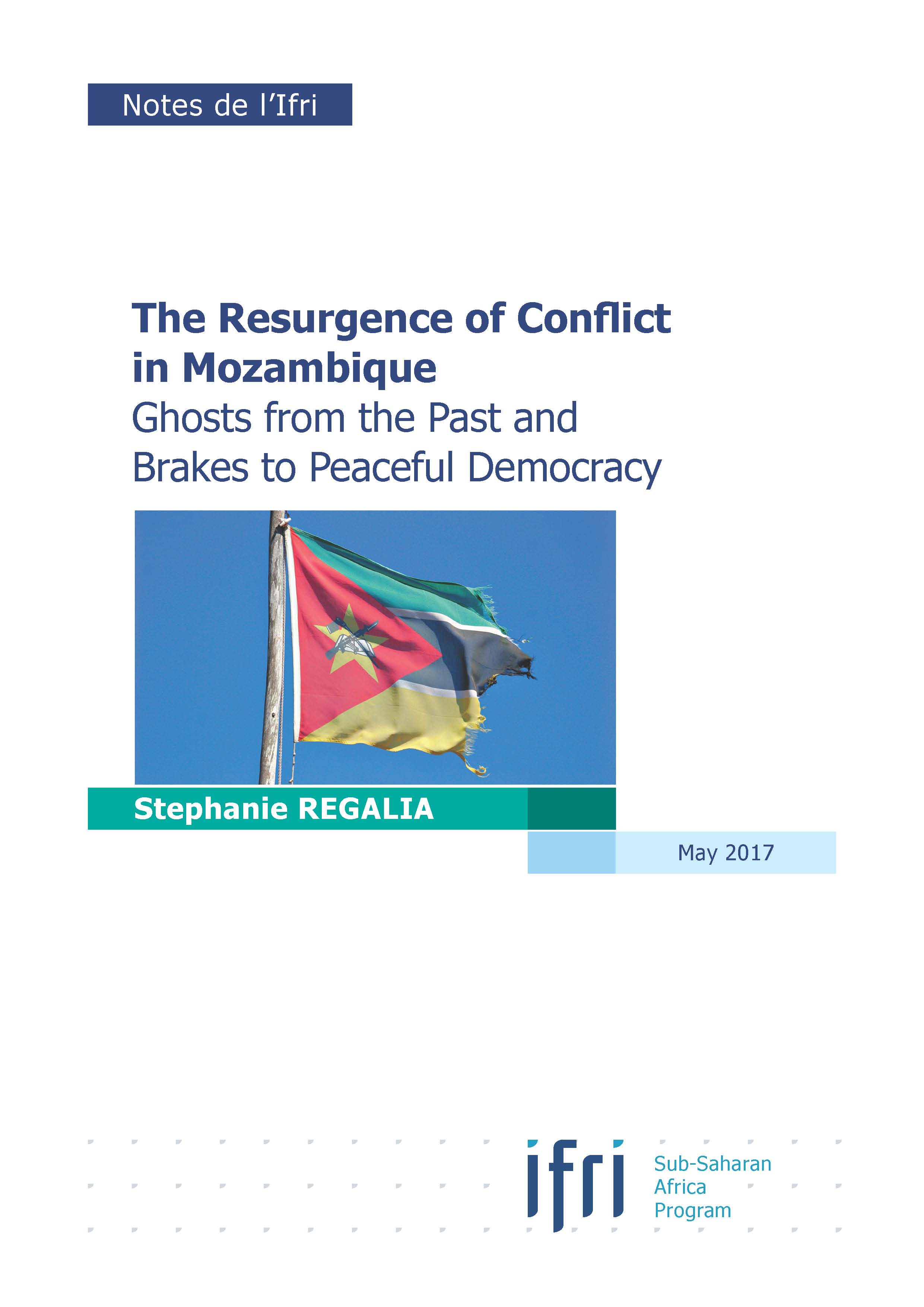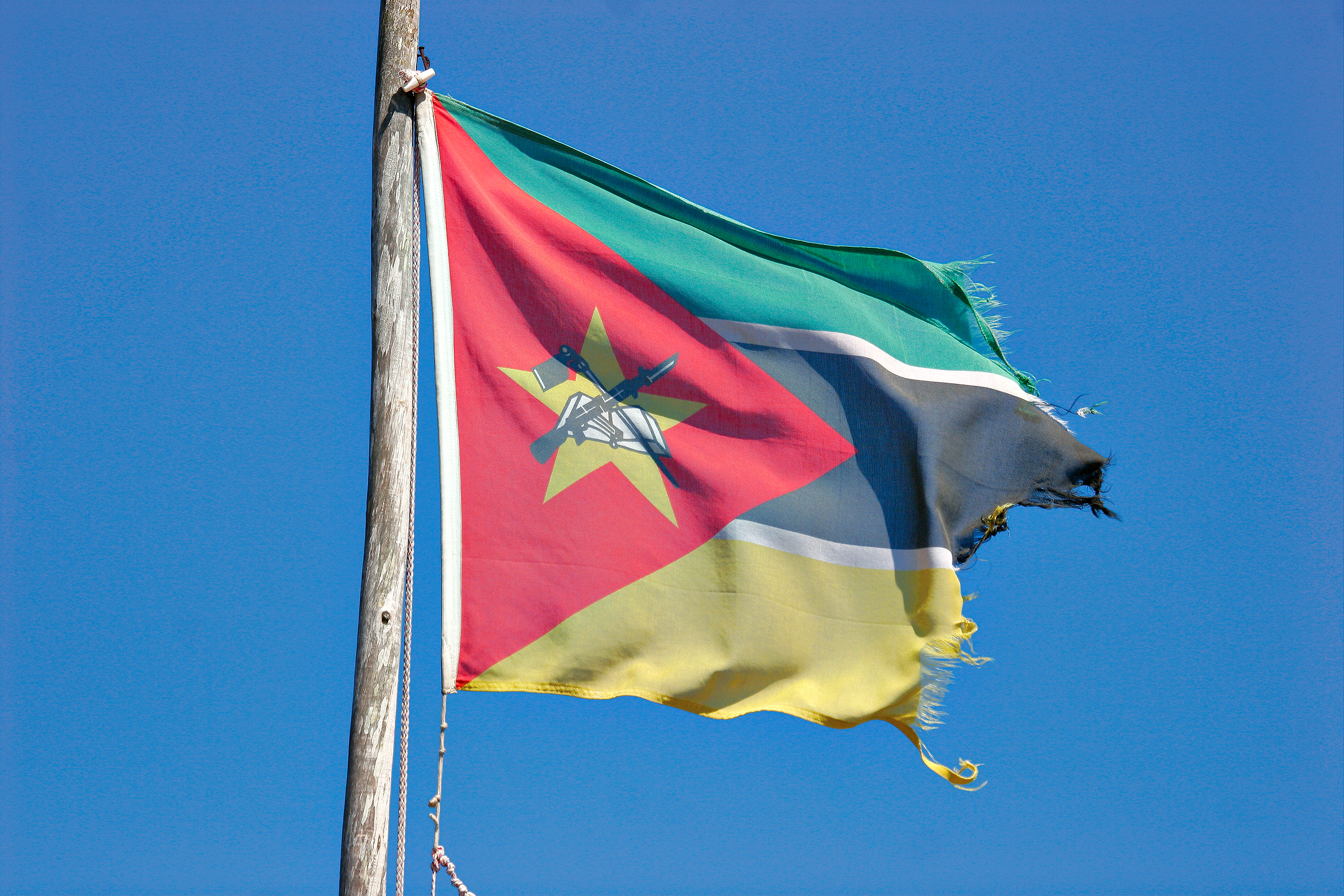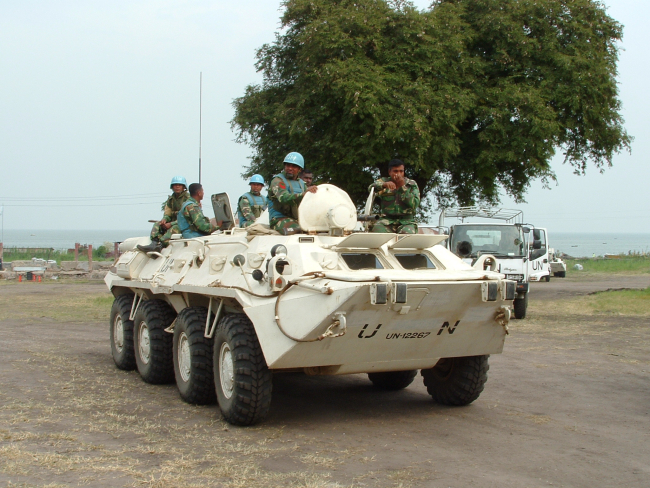The Resurgence of Conflict in Mozambique. Ghosts from the Past and Brakes to Peaceful Democracy

2016 proved to be a most challenging year for Mozambique. Small-scale conflict, which started reappearing between the government and the opposition party, the Mozambican National Resistance (Renamo), in 2013, intensified over the course of the year, whilst peace negotiations stalled.

Secret loans guaranteed by the government and amounting to USD 1.4 billion were revealed, prompting international partners, including the International Monetary Fund (IMF) and the World Bank, to suspend their aid. To make matters worse, the country was plagued with droughts for the past two years, compromising agricultural production, and pushing it to seek food aid. However, on 27 December 2016, Afonso Dhlakama, leader of Renamo, declared a week-long ceasefire, which was extended for two months on 3 January 2017.
Since then, the opposition party and the government have agreed on a new format for peace talks, forgoing the use of international mediators, as had been done all throughout 2016, instead picking Mozambican representatives and engaging in direct communication. This ceasefire announcement could not have come at a more crucial time, as the Mozambican government is under scrutiny by international partners to clarify its hidden debt situation and audit the public companies which were involved, and as the government seeks to keep investors interested in the country’s offshore gas potential. In an effort to reassure the climate investment within Mozambique, the next leg of talks between the government and the insurgent Renamo leadership will prove crucial in securing peace. In determining the chances of success of such talks, it is important to revisit the causes of this recent resurgence of conflict, trying to understand why after two decades of peace, Mozambique was once again a country marked by conflict between the same parties of its past civil war. A closer look reveals that signs of instability were very much present in the peacebuilding model, which Mozambique had come to be known as.

Regions and themes
Share
Download the full analysis
This page contains only a summary of our work. If you would like to have access to all the information from our research on the subject, you can download the full version in PDF format.
The Resurgence of Conflict in Mozambique. Ghosts from the Past and Brakes to Peaceful Democracy
Related centers and programs
Discover our other research centers and programsFind out more
Discover all our analysesAnglo-Kenyan Relations (1920-2024) : Conflict, Alliance and a Redemptive Arc
This article provides an evidentiary basis for postcolonial policy in its analysis of Anglo-Kenyan relations in a decolonization era.
When City Diplomacy Meets Geopolitics: A Framework to Help Cities Navigate Geopolitical Risk
Crises and the increasing polarization of international relations make political risk analysis an indispensable resource for internationally active public and private entities.
The United Nations Mission in Congo or the exemplary uselessness of the United Nations peacekeepers
During the M23 conflict in 2012-2013 in the Democratic Republic of Congo (DRC), the United Nations (UN) took the diplomatic initiative (by initiating the Addis Ababa agreement) and the military initiative (by launching a coordinated counter-offensive with the Congolese army). Since the resurgence of this conflict in 2022, the United Nations, which still has more than 10,000 peacekeepers deployed in eastern DRC, no longer plays any role.
Rebooting Italy's Africa Policy: Making the Mattei Plan Work
Against the backdrop of increasing anti-French rhetoric across parts of Francophone Africa, the relative failure of the counterinsurgency operation in the central Sahel (Operation Barkhane) and diplomatic rifts with several Sahelian countries, Paris has been rethinking its relationship with the continent for several years now. As a former imperial power that has seen its colonial domain in Africa gain independence between 1956 (Morocco-Tunisia) and 1977 (Djibouti), France has invented two successive roles for itself in Africa since 1960, particularly in French-speaking sub-Saharan Africa.








